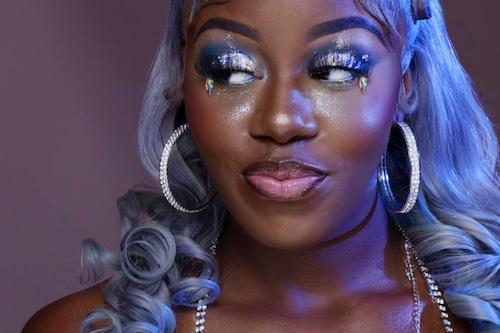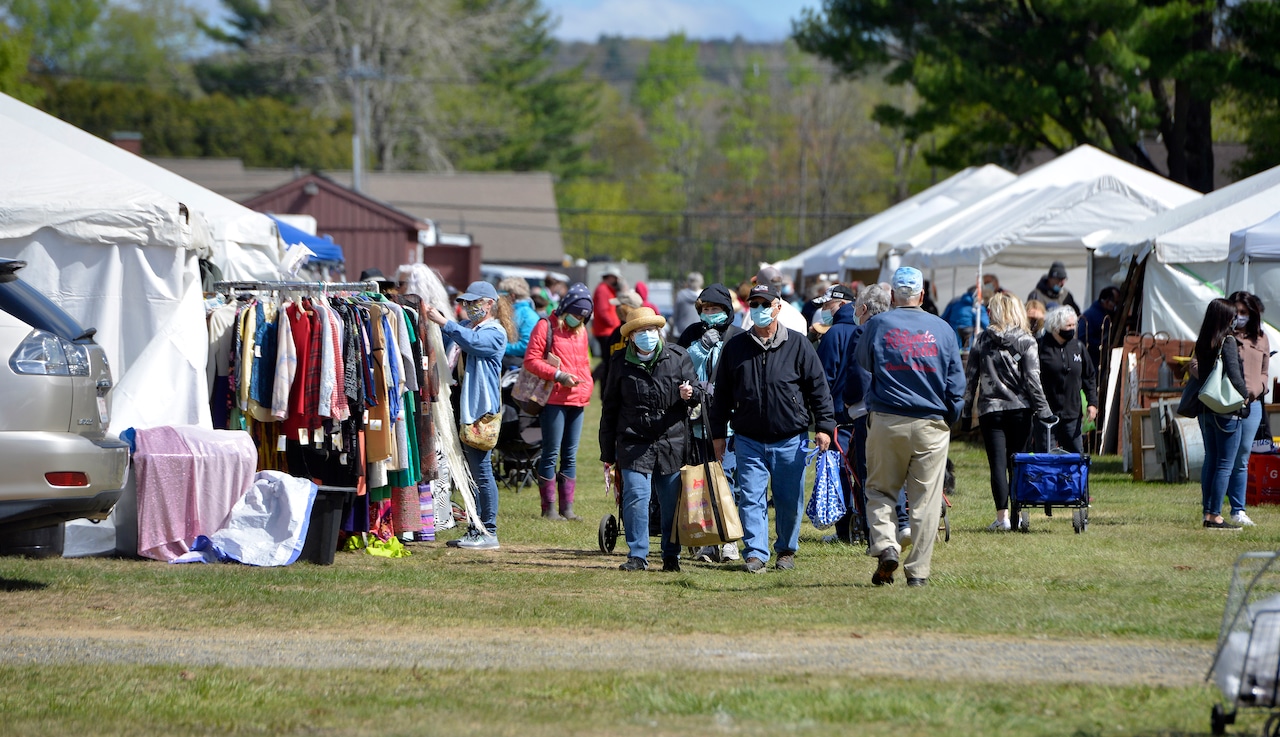Fifty-eight years ago today, chaos erupted in the Los Angeles’ Watts neighborhood after 21-year-old Marquette Frye was arrested for drunk driving. Commonly referred to as the Watts Rebellion, this 6-day uprising was a culmination of longstanding tensions between the community and law enforcement. Watts was one of many urban uprisings happening across the country during that time in response to poor living conditions and police brutality.
Our joy is a birthright as is our rage. Even our ancestors who marched across bloody bridges in Alabama lauding the importance of nonviolence would agree. Sometimes the only response we can muster in the face of terror is rage, especially in a country where violence has never not been present. The resulting grief of that looms over our communities, from the streets of Ferguson to the dirt roads of rural Mississippi. It time-travels through centuries of persistent oppression.
That grief, it is always with us.
We ARE our ancestors
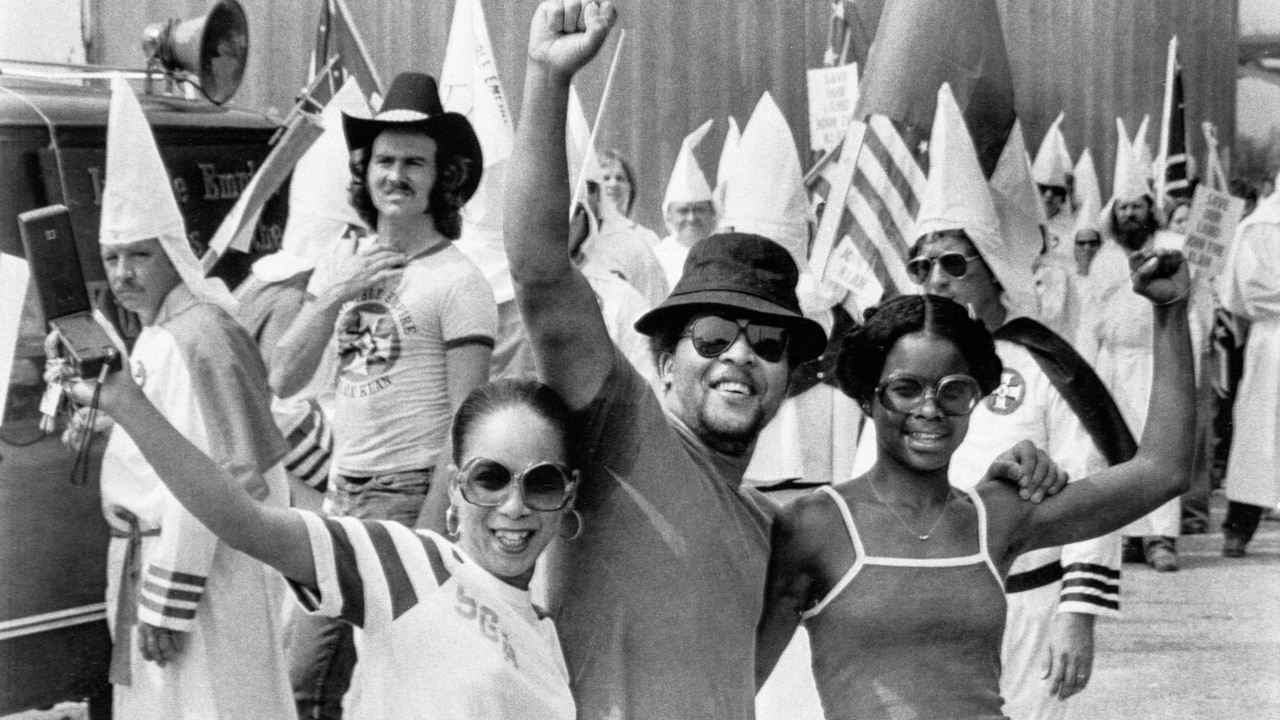
Three African Americans signal Black power while members of the Ku Klux Klan get ready to march from Selma to Montgomery retracing the march in 1965 led by the late Dr. Martin Luther King.
There is a common misconception that our ancestors and living elders never resisted the violence of white supremacy. The fact that we are here existing in 2023 should be more than enough to debunk that. Black folks have rebelled against the system since they were forcibly brought to this land—some even jumped from ships to escape the curse of slavery. There’s also the story of Nat Turner’s Rebellion, but it was neither the largest nor the first slave revolt to take place.
In 1811, the German Coast Uprising occurred in present-day Louisiana at the Andry Plantation. Charles Deslondes, a slave driver believed to be of Haitian descent, led the charge over the course of several days, and even recruited from neighboring Plantations along the way.
Before that was the 1712 slave revolt in New York City and the 1730 Stono Rebellion in South Carolina. While none of these rebellions were “successful,” it sent a wave of fear among enslavers and further undermined the myth of the “happy” and docile slave.
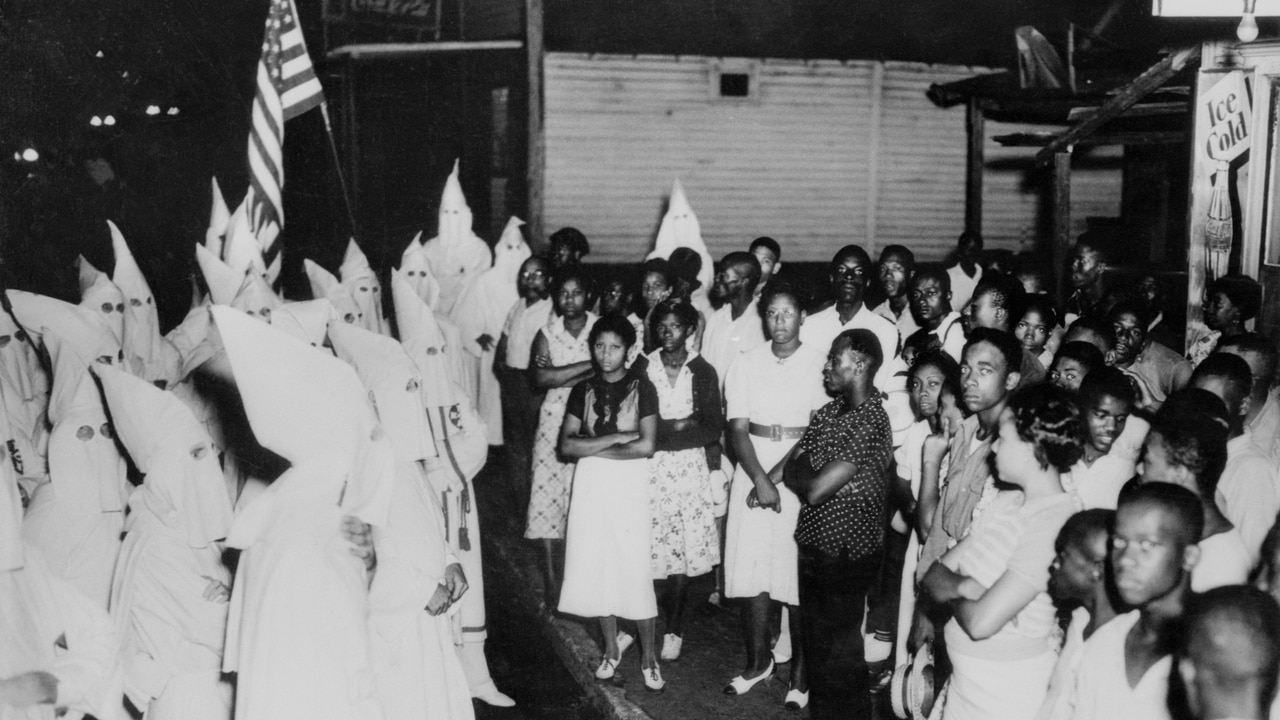
A group of Black people confront members of the Ku Klux Klan in 1938, after the secret organization’s resurgence in the area.
Our rebellion against this country and its violent institutions is inherited. And that inheritance includes both violent and nonviolent resistance. Black people across this country have been rendered socially, politically and economically powerless. Not just powerless but invisible. When Dr. King — every racist’s favorite person to quote — spoke of riots as the language of the unheard, that, to me, is a literal interpretation.
Like our ancestors, when our pleas go unheard, we often resort to the only language the oppressor understands. That, too, is a necessary strategy toward our liberation.
In our rage, there is love always
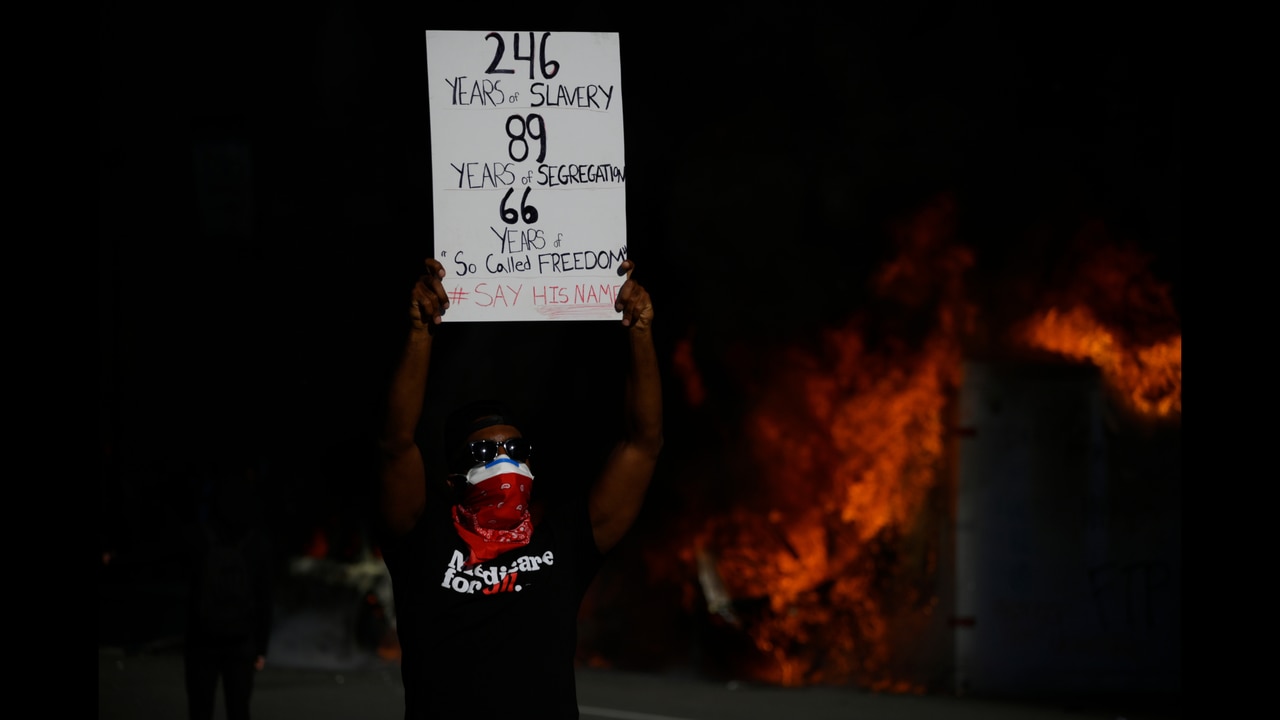
A Black person poses with a sign in front of burning police vehicles in Philadelphia, PA to protest police brutality and the murder of George Floyd, May 30, 2020.
Perhaps it is impossible for our collective rage to exist without a capacity to love. Maybe love is what drives us to disrupt the daily lives of those privileged by an unjust system. What they call a riot, I might call love. Love of community and of ourselves.
On that fateful night in the Watts neighborhood, Black folks gathered around their brother as a police officer attempted to arrest him. They showed up as both weary witnesses and victims of state-sanctioned violence and neglect. In that weariness, they cried out. They cried out in the only ways that guaranteed that they’d be, not only seen, but heard.
Just two years after the Watts Rebellion, hundreds of uprisings ensued across the nation in Black communities. A year later, Dr. King was killed and we raged again and again from D.C. to Chicago to Baltimore. Decade after decade, the same story repeated itself. And whether we are silent or loud in our anger, it has always been deemed too much; in so many words, they say: “Ask us nicely to stop making a grave out of your neighborhoods.”
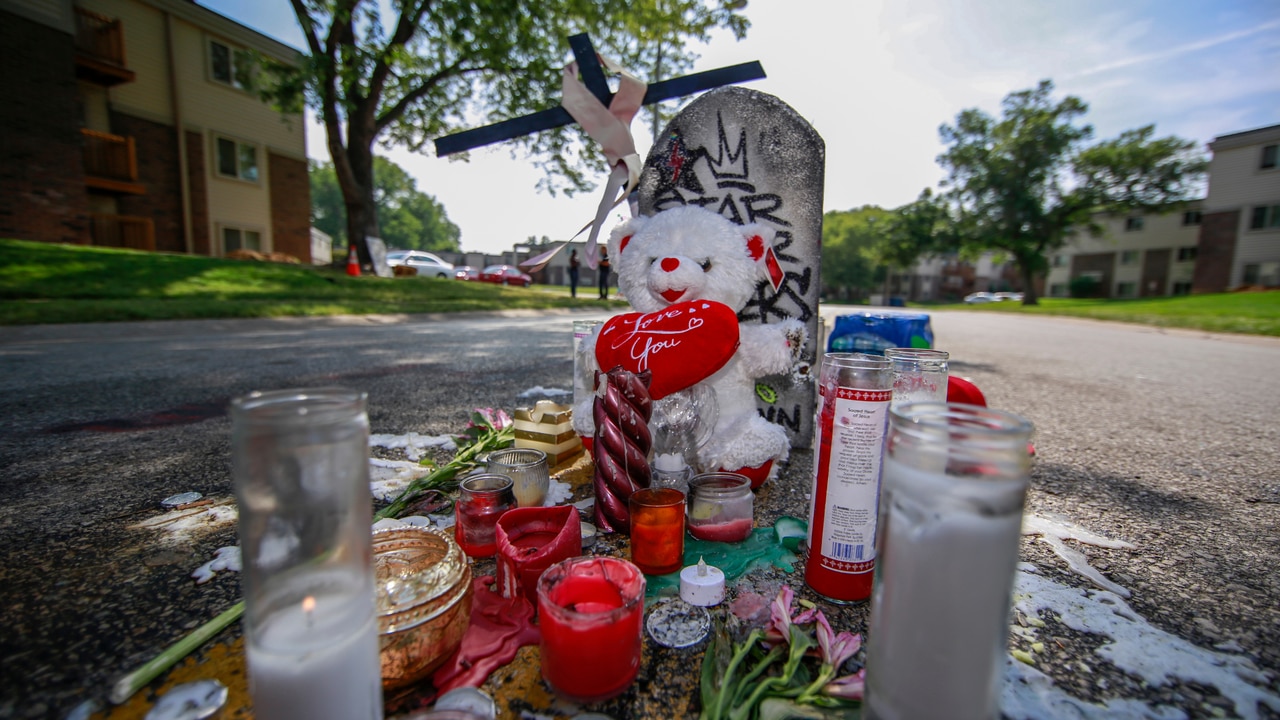
A memorial in the middle of the street where Michael Brown was shot by police in the St. Louis suburb of Ferguson on August 15, 2014.
Over 50 years later we are here, still grieving Black lives lost to police violence, grieving Black lives lost to prisons. Still being told that every stand we take against white supremacy, is somehow the wrong way.
As we move through Black August, let us not forget our inheritance. Love can exist in and alongside centuries of justified rage.




